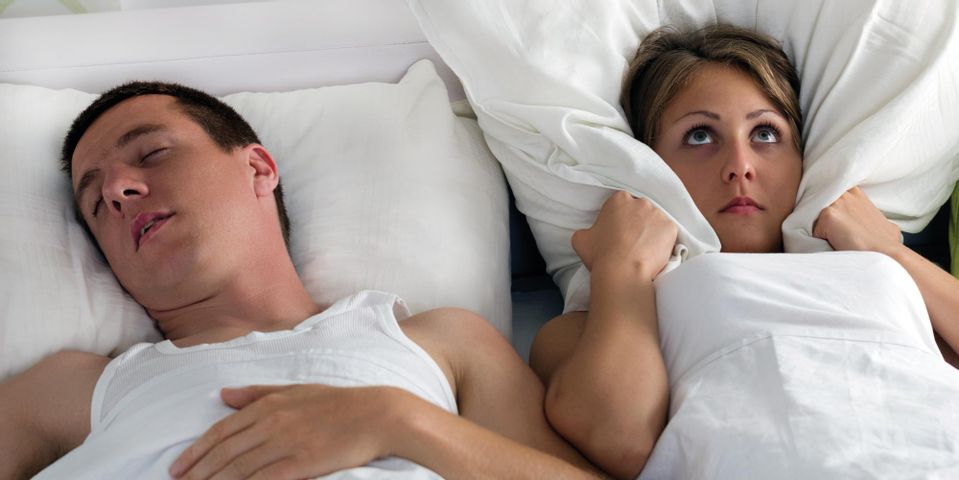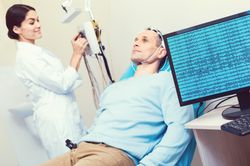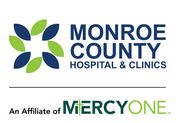Your Questions About Sleep Studies Answered

Sleep studies are used to diagnose disorders that disrupt sleep. The American Sleep Association estimates that 50 to 70 million U.S. adults have some sort of sleep disorder, from apnea to insomnia. If you’re having trouble getting a full night’s rest, discover how sleep studies can help by reviewing these frequently asked questions.
Sleep Studies FAQ
How do you know if you need a sleep study?
A physician can determine if you’re a candidate. They’ll first check your medical history and conduct a physical exam. They may also ask you to keep a journal to track your sleeping and waking times. With this information, they may recommend a sleep study to resolve your sleep-related medical condition.
What does a sleep study entail? 
You’ll spend the night at a sleep clinic with sensors affixed to parts of your body, such as the head and chest, to monitor brainwave activity, muscle movement, and heart rate. You’ll have a private room to sleep in, and a sleep technologist will monitor your vitals throughout the night. You’ll also be recorded with a video camera.
Are sleep studies painful?
A sleep study is not invasive, and the sensors don't hurt. When you have to use the bathroom, just notify the sleep technologist to disconnect your monitors. Because some patients have trouble sleeping with wires, some sleep study clinics may ask you not to sleep much beforehand.
How can you prepare?
Bring along items to help you sleep, like a favorite pillow. Limit caffeine, and avoid alcohol on the day of the study as these substances interfere with normal sleep patterns. Arrive freshly showered but don’t use lotion or hair spray, which may disrupt sensors. Beyond that, you need only an overnight bag with extra clothes, pajamas, and toiletries.
Monroe County Hospital & Clinics, a comprehensive health care center, has been serving families in the Albia, IA, area for over 100 years. Providing a full range of services, including 24/7 emergency care and cardiac rehabilitation, they’re also accredited to treat sleep disorders by the Accreditation Commission for Health Care (ACHC). Find out more about their sleep studies online. If you have questions, call (641) 932-2134 to speak with a member of their health care team.
About the Business
Have a question? Ask the experts!
Send your question

